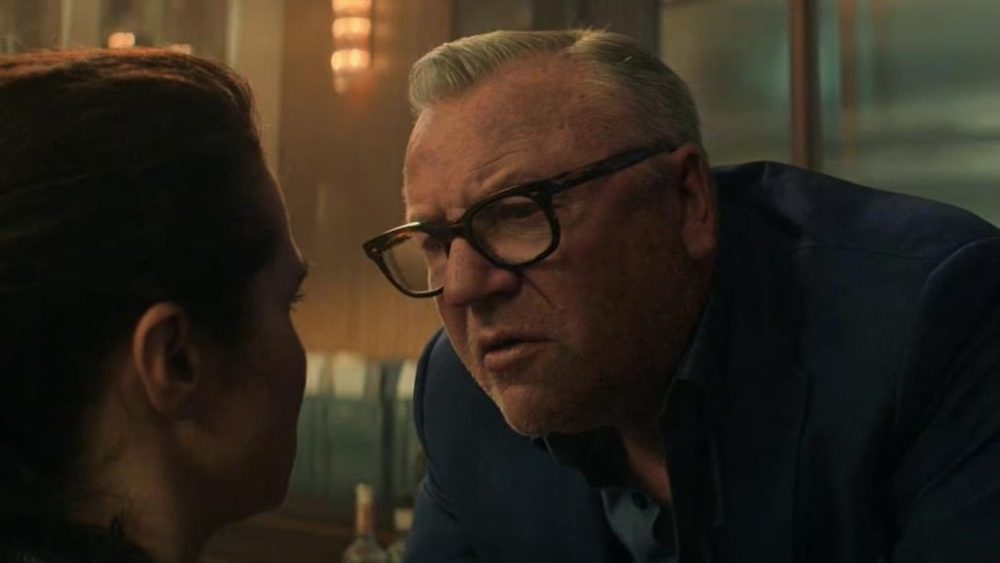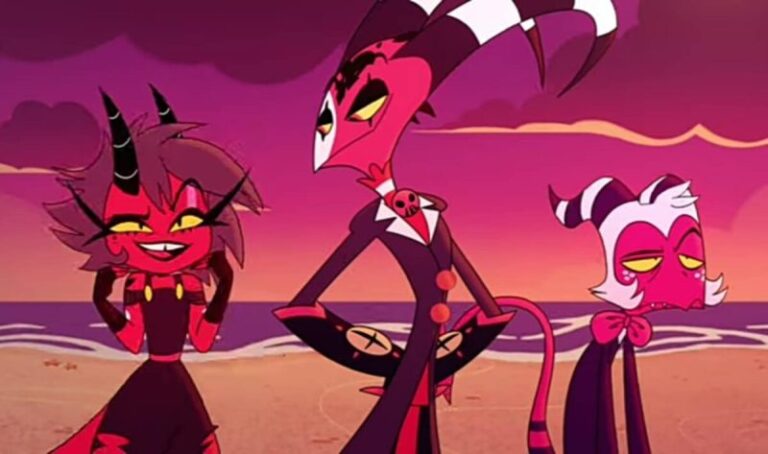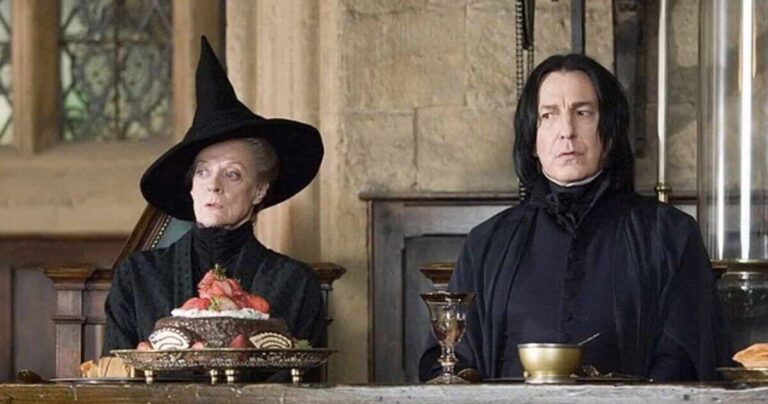Ray Winstone Takes Aim at Marvel Studios: A Veteran Actor’s Critique of Hollywood’s Superhero Obsession
Ray Winstone isn’t pulling any punches when it comes to Marvel Studios’ dominance over Hollywood. The veteran British actor, who played the villainous Dreykov in 2021’s Black Widow, recently shared some candid thoughts about what he sees as the MCU’s negative impact on the film industry. His comments add to a growing chorus of criticism surrounding Kevin Feige’s Marvel empire—but they also raise important questions about the balance between entertainment value and artistic diversity in modern cinema.
Marvel Studios: The “Business First” Problem According to Ray Winstone
Speaking at the Sarajevo Film Festival, Winstone didn’t mince words about his concerns. “Hollywood has become a business that’s all about selling tickets,” he said, pointing directly at Marvel as a prime example of this shift. “There is room for it, and it’s fun, but it takes away from getting cultural films made, which are best for the actors, [and] are really good acting parts.”
Winstone’s critique isn’t entirely dismissive—he acknowledges that Marvel films have their place and can be entertaining. But his main concern centers on opportunity cost. When studios pour hundreds of millions into superhero spectacles, smaller, more culturally significant projects get pushed to the margins. For an actor like Winstone, who’s built his career on character-driven dramas like Nil by Mouth and The Departed, this trend represents a fundamental shift in Hollywood’s priorities.
A Frustrated Experience Behind the Scenes
Perhaps most revealing was Winstone’s account of his actual experience working on Black Widow. Initially, he was enthusiastic about the project, working closely with director Cate Shortland to develop his character as a menacing figure controlling the Black Widow program. “We used to get applauded on set,” he recalled. “It was probably the best thing I’ve done for a really long time.”
But then came the reshoots—all of them. “I come home after finishing the job and get a call saying we need to do some reshoots,” Winstone explained. “I say, ‘How many scenes?’ [Cate] says ‘all of them.'” This experience highlights one of Marvel’s most criticized practices: extensive post-production changes that can fundamentally alter a film’s vision and leave actors feeling disconnected from the final product.
Kevin Feige Under Fire: A Pattern of Criticism
Winstone’s comments arrive at a time when Marvel Studios president Kevin Feige faces mounting criticism from multiple directions. The MCU’s recent struggles—from disappointing box office numbers to creative missteps—have led to increased scrutiny of Feige’s stewardship of the franchise.
Industry insiders have pointed to Marvel’s increasingly formulaic approach, over-reliance on CGI spectacle, and tendency to prioritize brand consistency over directorial vision. Films like Thor: Love and Thunder and The Marvels received mixed reviews, with critics noting that they felt more like products than artistic expressions.
The social media factor Winstone mentioned is also worth noting. “If you’re not on social media now, they might not even consider you for a movie because they want a fanbase to come with that,” he observed. This shift toward casting based on online popularity rather than acting ability represents another concern for traditional performers.
The Broader Cultural Impact
Winstone’s critique echoes earlier comments from filmmakers like Martin Scorsese, who famously compared Marvel films to “theme parks” rather than cinema. While these comments often spark passionate debates among fans, they raise legitimate questions about cultural diversity in mainstream entertainment.
The concern isn’t necessarily that Marvel films are inherently bad—many are well-crafted, entertaining pieces of pop culture that bring joy to millions of viewers. The issue is when they become so dominant that they crowd out other types of storytelling. When theaters are filled primarily with superhero content, there’s less room for the kinds of intimate, character-driven films that have traditionally provided rich roles for actors and meaningful cultural commentary.
Acknowledging Marvel’s Positive Impact
Despite the criticisms, it’s important to recognize what Marvel has accomplished. The MCU has created a shared universe that has captivated audiences worldwide, breaking down barriers between different demographics and creating genuine cultural moments that bring people together. Films like Black Panther and Captain Marvel have provided representation and inspiration for underrepresented communities.
Marvel has also provided opportunities for diverse creators and actors who might not have had access to big-budget filmmaking otherwise. Directors like Taika Waititi, Chloé Zhao, and Ryan Coogler have brought their unique visions to the superhero genre, even within the constraints of the Marvel formula.
The Economics of Entertainment
The reality is that Marvel’s approach works financially. These films generate massive global revenues that fund the entire Disney operation, including smaller, more experimental projects. The success of Avengers: Endgame or Spider-Man: No Way Home helps subsidize passion projects and awards contenders that might not otherwise get made.
However, Winstone’s point about the shifting priorities in Hollywood remains valid. When success is measured primarily in opening weekend numbers and merchandise sales, the incentive structure naturally favors spectacle over subtlety.
Finding Balance in Modern Hollywood
The challenge facing Hollywood isn’t choosing between Marvel movies and cultural films—it’s finding a way to support both. The industry needs tentpole franchises to drive revenue, but it also needs smaller, more personal projects to maintain its artistic credibility and provide the kinds of roles that allow actors to grow and challenge themselves.
Recent trends suggest this balance might be possible. Streaming platforms have created new opportunities for mid-budget, character-driven content. Independent studios are finding success with original storytelling. Even Disney has shown a willingness to experiment with different approaches within the Marvel framework.
Looking Forward
Ray Winstone’s critique of Marvel and modern Hollywood raises important questions about the direction of the entertainment industry. While his concerns about the marginalization of cultural films are legitimate, the solution isn’t necessarily to eliminate superhero movies—it’s to ensure there’s room for diverse types of storytelling.
The best path forward likely involves supporting both crowd-pleasing spectacles and intimate character studies, recognizing that audiences are capable of appreciating different types of entertainment. Marvel films serve their purpose as modern mythologies and escapist entertainment, but they shouldn’t be the only stories being told.
As Winstone noted, “There is room for it, and it’s fun.” The key is making sure there’s also room for everything else—the quiet dramas, the experimental films, and the culturally significant stories that help us understand ourselves and our world. In an ideal Hollywood, there would be space for both Iron Man and the kinds of gritty, character-driven films that made Ray Winstone’s career possible in the first place.
The conversation about Marvel’s impact on Hollywood will undoubtedly continue, but perhaps the real goal shouldn’t be choosing sides—it should be ensuring that the film industry remains diverse enough to tell all kinds of stories, for all kinds of audiences.






